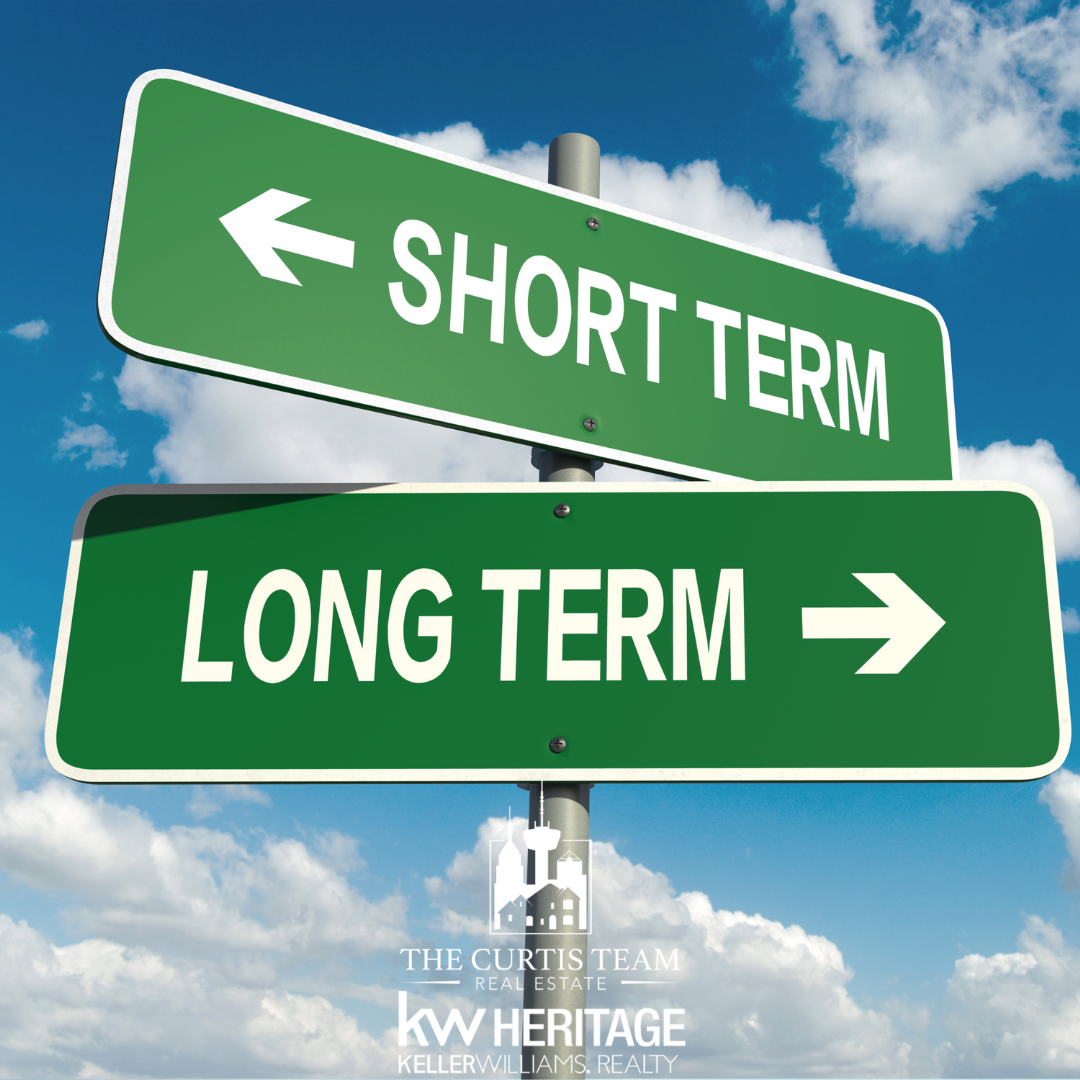When it comes to rental properties, there are a variety of options available. Regardless of which property you choose, it usually boils down to two categories: long-term or short-term. Many investors tend to choose the long-term rental option, however, that may not be the best option for everyone involved.
Let’s discuss the difference between long-term and short-term rentals and the pros and cons of each to decide what will work best for you.
Short-Term vs. Long-Term Rentals
You can probably tell by the names, but short-term and long-term rentals deal with the amount of time a rental property is occupied for. Typically long-term rentals are 6-12+ months, whereas short-term rentals are more on a daily, weekly, or monthly basis. Deciding between the two is usually dependent on the tenant and their situation.
Advantages of Short-Term Rentals
Higher Gross Income Potential: The rent price can easily be adjusted based on the current market, which can help maximize your gross income. In some instances, short-term rentals can go for double the amount of a long-term rental based on demand and market conditions.
Increased Maintenance: Having renters that stay for a limited time gives you more opportunities to have the property cleaned and maintained. This makes for fewer major repairs down the road if the property is looked at more consistently.
Disadvantages of Short-Term Rentals
Higher Expenses: With short-term rentals, tenants usually expect the landlord to handle utilities such as electric, gas, water, trash, and more, which can add up quickly and be more than a landlord can maintain.
Inconsistent Income: While you may get more gross income, it may come on a more inconsistent basis. There’s always the risk that there will be a period of time between tenants when the property is unoccupied.
Advantages of Long-Term Rentals
Predictable Income: Long-term rentals are longer periods of time, meaning a more consistent income. Most tenants in a 6 to 12-month lease tend to pay on time, and you will know how much money you will make monthly.
Less Tenant Turnover: If your tenants like you and like where they live, they tend to stick around longer. This means a lower likelihood of marketing the property and finding new tenants year after year.
Disadvantages of Long-Term Rentals
Maintenance Difficulties: With more consistent tenants and longer stays, it’s more challenging to get into the property to perform maintenance and cleaning.
Rent Limitations: Unlike short-term rentals, long-term rental agreements usually call for the price to stay the same throughout the term of the lease.
Depending on you and your tenants’ needs, either option could be beneficial. If you have any questions or need recommendations on short-term or long-term rentals, reach out to us! We are always here to help.





